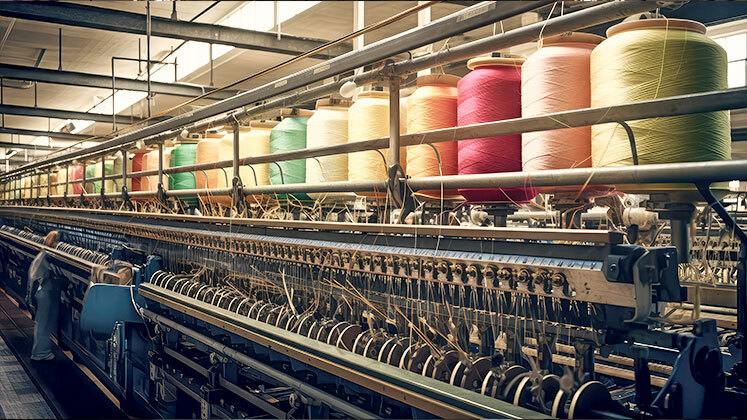Surat’s textile mills are facing an acute labour shortage just as market demand surges during the wedding season. Mill owners have raised concerns that although special trains were arranged to send migrant workers back to their home states — including Bihar, Uttar Pradesh and Madhya Pradesh — many are now struggling to secure return tickets.
As a result, the industry is currently operating with a labour shortfall of nearly 30%, with the remaining workforce working double shifts to keep production running, contractors and mill owners have said.
In an attempt to meet the demand for timely delivery of finished fabrics, owners of dyeing and printing mills are incurring additional costs to arrange for labour contractors to bring workers back by rail or luxury buses.
Ahead of Diwali, Chhath Puja and the Bihar elections, hundreds of festive trains, over and above regular services, departed from Surat carrying workers to states such as Uttar Pradesh, Bihar, Madhya Pradesh, Jharkhand and Odisha. Dyeing and printing mills rely heavily on migrant workers, with more than 60% of their workforce hailing from Bihar and another 30% from states including Uttar Pradesh, Jharkhand, Uttarakhand and Madhya Pradesh. Powerloom factories predominantly employ workers from Odisha and Uttar Pradesh.
Surat is home to around 400 dyeing and printing mills concentrated in areas such as Pandesara, Sachin, Kadodara and Palsana. Although labourers typically return after the Diwali break, this year’s Chhath Puja, the two-phase Bihar elections and the earlier Special Intensive Revision (SIR) process have disrupted operations across units, according to industry sources.
Southern Gujarat Textile Processors Association president Jitu Vakhariya said that the mills were experiencing a worker shortage of more than 30%. He stated that a single printing machine, which would normally require eight to ten workers, was currently being operated by only four to six.
He further noted that only 60% of dyeing and printing mills had managed to resume operations after the Diwali holidays, with over 60% of production affected due to the shortage. He added that inquiries for orders linked to the forthcoming marriage seasons, as well as Pongal and Eid, had already begun, which was expected to further increase demand. He expressed hope that textile mills would return to full capacity after 25th November.







